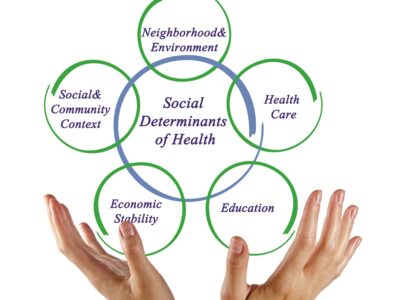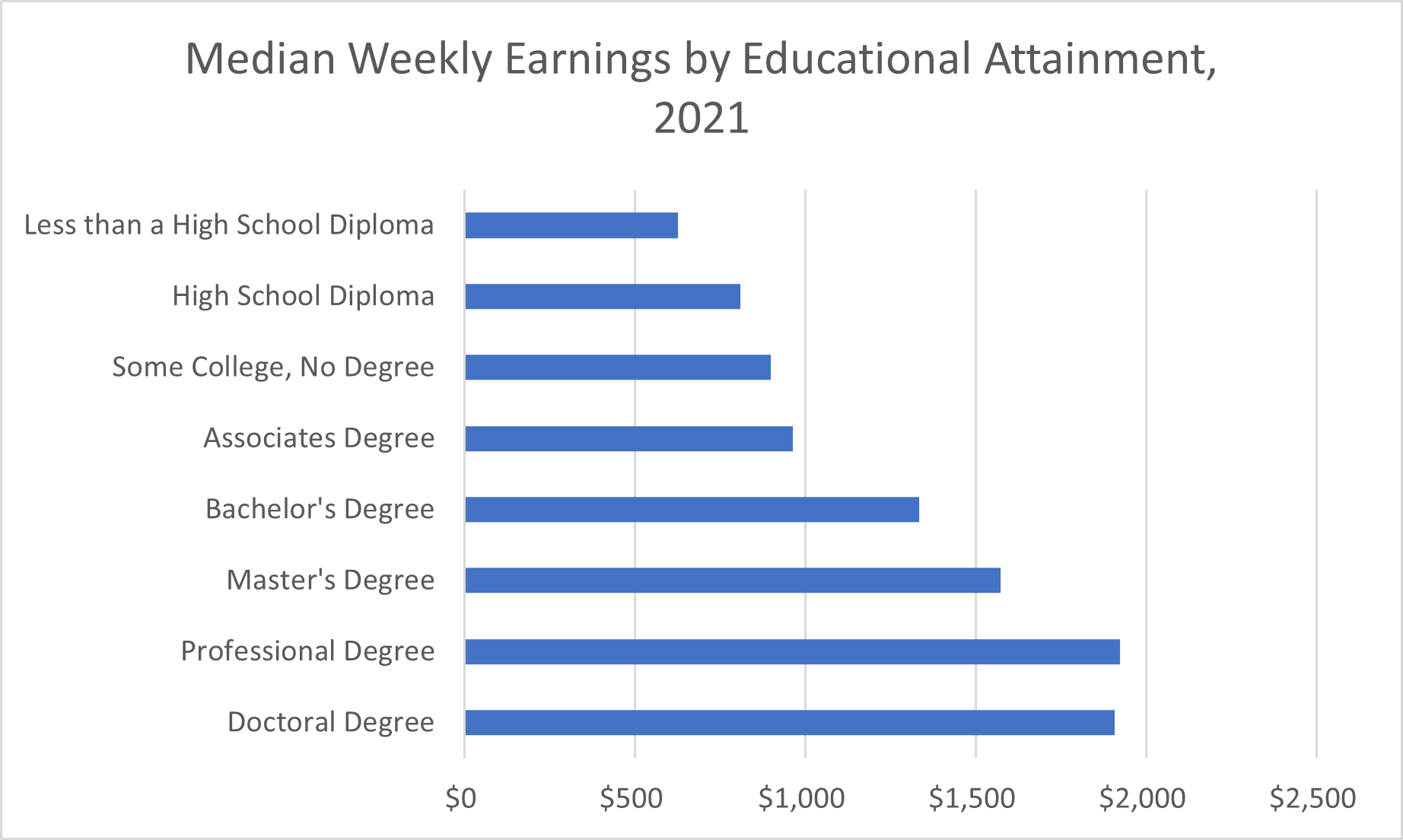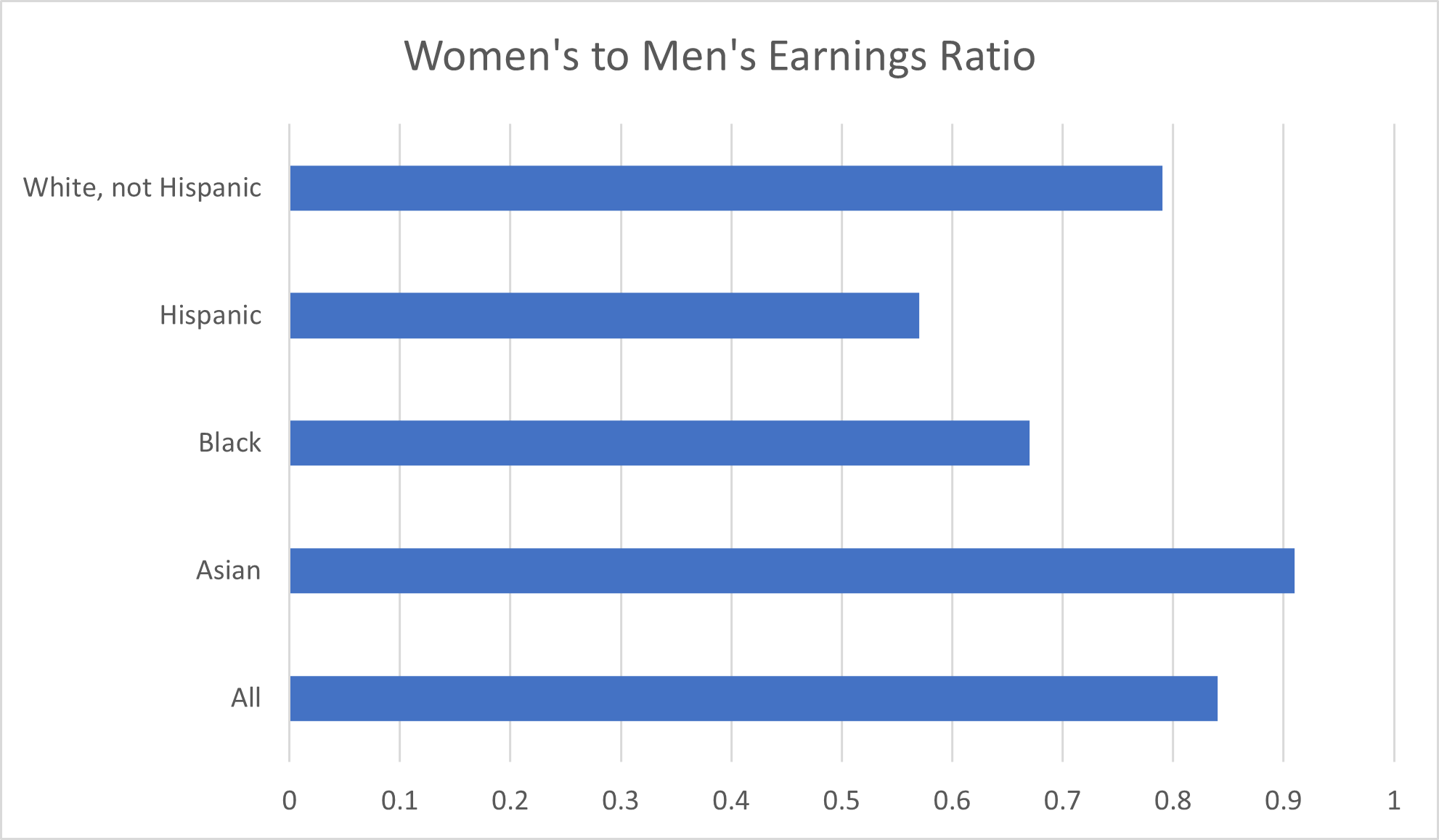Unveiling the Connection: How Vacation Time and Social Determinants Shape Health and Well-being

Social determinants of health are the non-medical factors that influence health outcomes. These are the conditions in which people are born, grow, live, work and age that can significantly influence their overall health and well-being. These determinants play a crucial role in shaping health outcomes and health disparities within populations. The cost impact of social determinants of health is estimated to be at least $3 trillion for the national economy. One social determinant that intersects with health is vacation or time off, as it can impact various aspects of an individual’s health. Let’s explore how vacation and social determinants of health are interconnected.
Income and Employment
Access to vacation time is often influenced by socioeconomic factors. Individuals with higher incomes and better job positions are more likely to have paid vacation benefits, allowing them to take time off without worrying about loss of income. Unfortunately, even if individuals have the time, the cost of traveling isn’t cheap. With the average cost of vacation being almost $1,600 per person in a family, that can take a huge chunk of money out of a family budget each year. This makes it challenging for individuals with lower incomes and precarious employment to afford vacations or they might not have the option to take time off.
 Education
Education
Education plays a role in determining employment opportunities and income levels, which, in turn, can impact access to vacation time and vacation quality. People with higher levels of education are more likely to have jobs that offer paid time off and may also be more aware of the importance of taking breaks for their health. According to the U.S. Bureau of Labor Statistics, on average those with a higher education level make more money, and in turn have more disposable income to enjoy the benefits of a quality vacation.
Housing and Neighborhood
The caliber of both housing and neighborhood setting plays a pivotal role in shaping an individual’s stress level and general welfare. Residing in an insecure neighborhood fosters an ongoing stress situation that can erode an individual’s ability to handle the everyday challenges of life. This includes how productive and effective they are as an employee.
These individuals also encounter additional stressors, as they are reluctant to venture far from their homes due to concerns about potential break-ins during their absence. This fundamental fear of intrusion can cast a shadow over the advantage of going on vacation or the health benefits of doing so. Those residing in environments characterized by insecurity or heightened stress may find themselves having an amplified desire for vacation, utilizing them as a means to escape or rejuvenate but are hesitant to do so.
Gender and Race
Gender and race can also play a pivotal role in vacation equity. Women often bear a disproportionate burden of caregiving responsibilities, which can impact their ability to take a vacation. With the fact that over 20 percent of children today are living with single mothers and almost 30 percent of them are living below poverty level, it’s clear that being a single mother can be challenging. Single mothers are expected to provide their children with food, clothing, and shelter. With childcare costs more than $10,000 annually (representing more than 35 percent of the median income for a single parent), luxuries, like taking vacation, are not within the means of the budget.
Creating a more equitable vacation landscape to support single mothers requires acknowledging and addressing these complex intersections. Policies and support systems that provide affordable childcare, flexible work arrangements, and targeted assistance to single mothers can alleviate some of the burdens they face. Moreover, societal attitudes and expectations around caregiving roles need transformation, allowing women the freedom to prioritize taking quality vacation time for their own well-being without guilt.
And to compound this issue, according to the US Department of Labor, Women’s Bureau, there are still a significant gap in wages between women of all races and white, non-Hispanic males. Over the course of a lifetime this difference can equate to over $1 million dollars in certain cases.

Since taking quality vacation time requires resources, gender pay gaps can affect effects a individuals amount of disposable income available to go on vacation. This intricate web of challenges is further complicated by racial disparities. Women of color, who already confront systemic barriers, might find themselves in an even more challenging position when it comes to vacation equity. Racial inequalities exacerbate hurdles women face in securing time and resources for a vacation.
Access to Healthcare
Socioeconomic factors can affect access to healthcare service, which in turn can impact overall health. Individuals with limited access to healthcare may not receive proper preventive care or manage chronic conditions effectively, which in turn makes their care much more costly when they are required to obtain it. For example, according to the CDC, the annual medical costs for people with high blood pressure are up to $2,500 higher than the costs for people without high blood pressure. When people receive the proper preventative care, they can manage high blood pressure effectively. However, if they are not receiving their care, and subsequently have a heart attack, the costs can be astronomical. According to the National Business Group on Health, the average total cost of a severe heart attack – including direct and indirect costs – is about $1 million dollars.
When individuals experience illness, whether it pertains to their physical or mental well-being, their motivation to partake in a fulfilling vacation diminishes. While vacations are known for their enjoyable and stimulating nature, the process of orchestrating one demands significant time and effort. During periods of unwellness, the task of planning a vacation can seem overwhelmingly burdensome, thereby exacerbating the adverse effects on the individual’s health. This creates a harmful downward spiral worsening their medical conditions.
Social Support
A strong and resilient social support network possesses the capacity to yield positive effects on health outcomes. Vacations often involve periods of unity with close companions and engagement in shared activities, aspects that can jointly amplify mental and emotional well-being. When individuals encounter uplifting interactions, the synapses in their brain trigger the release of dopamine and endorphins, promoting a feeling of positivity that contributes to alleviating anxiety, depression, and stress.
Working Life Conditions
A person’s industry and/or occupation contribute to the burden and distribution of various chronic illnesses, infectious diseases, and mental health conditions. For example, law enforcement, taxi drivers, construction workers, sales managers and healthcare workers have an inordinate amount of stress in their lives which can impact their mental and physical health. Because of this, the stress reduction aspect of vacations cannot be ignored. Spending quality time with loved ones, friends or even new acquaintances can foster a sense of belonging and connectedness. These positive social interactions promote the release of hormones like oxytocin, which enhances feelings of trust and bonding. Such interpersonal connections act as a buffer against stress and contribute to overall emotional resilience.
Vacations also provide an opportunity to reduce stress levels by stepping away from work-related pressures and daily routines. Just laying on the beach or reading a book on the porch overlooking a lake can help individuals calm down and relax. Unplugging while on vacation holds immense value in promoting holistic well-being and maximizing the benefits of a getaway. In today’s fast paced-digital world, where connectivity is the norm, taking deliberate steps to disconnect from technology offers numerous advantages to an individual’s mental and emotional well-being.
Work-life Balance
Vacation time is essential for maintaining a healthy work-life balance. The act of stepping away from work obligations allows individuals to recharge, rekindle their creativity, and revitalize their spirits. In a world where constant connectivity often blurs the line between work and personal life, embracing vacations becomes an act of self-care that ultimately bolsters professional effectiveness, enriches professional relationships, and elevates the quality of both work and life.
Cultural and Social Norms
Cultural norms around work and leisure can influence whether an individual feels comfortable taking vacations. In some cultures, there may be an expectation to prioritize work over leisure, which can impact an employee’s willingness to take time off. For individuals who come from these regions, they bring their values and culture with them to work in the United States. A few examples include:
- Japan: In Japan, there is a concept known as “karoshi” which refers to death by overwork. The strong work ethic and commitment to one’s job can make taking extended vacations uncommon and sometimes frowned upon.
- South Korea: A similar work-oriented culture exists in South Korea, where long working hours and societal expectations to excel one’s, career can discourage individuals from taking significant time off.
- India: In India, the corporate world can be competitive, and there can be a sense that taking time off might impact one’s career progression. Family, religious, and social obligations can also contribute to limited vacation time.
- Middle Eastern Countries: Some Middle Eastern countries have strong work cultures where long hours are the norm. Additionally, during certain religious or cultural periods, taking vacations might be less common due to the prioritization of other commitments.
In summary, vacation and social determinants of health are interconnected in various ways. Vacation equity should be viewed as an integral aspect of social justice, recognizing that everyone deserves the opportunity to rest, rejuvenate, and create lasting memories, thereby gaining the greatest health benefits from vacation regardless of their gender, race, or economic circumstance. By fostering an environment where vacations are not just a luxury for the privileged few, but a feasible and accessible reality for all, we move closer to a more inclusive society.